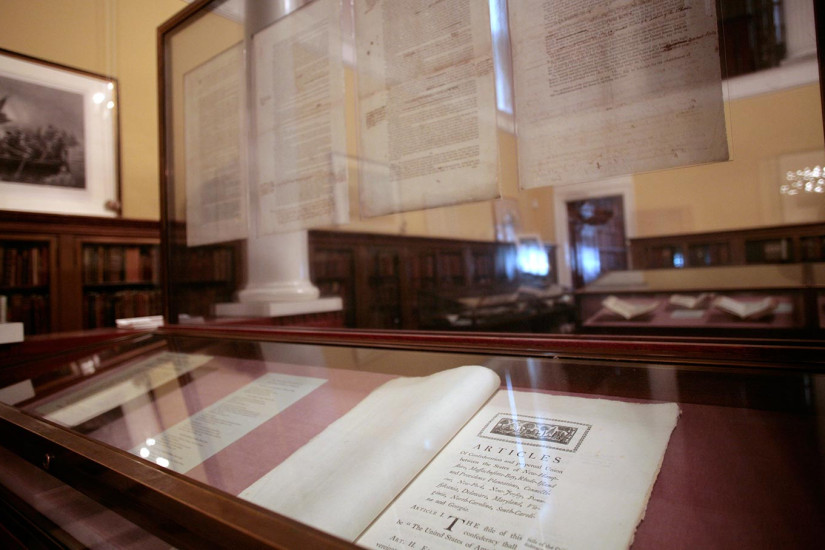America is divided, some say even falling apart. Shocking episodes of political violence have broken out across the land. Government has ground to a halt. Every month is more tumultuous than the last, and the prospects for relief are dim. The only thing on which all can agree: This can’t go on much longer.
A century later, the historian John Fiske called the 1780s “the critical period of American history.” We may now have entered another.
Good timing, then, for George William Van Cleve, a historian at Seattle University School of Law, who just published a book about those tumultuous years.
In lucid, accessible prose, We Have Not a Government: The Articles of Confederation and the Road to the Constitution tells the story of the successive crises that convinced Americans to scrap their existing government and replace it with one more capable of facing the country’s challenges. Steering a sober path between the extremes of founder worship and dismissive contempt, Van Cleve offers a fascinating account of a period that ought to be much better known: First, because out of the 1780s came the political system that still structures our affairs, and second, because the era shares so much in common with our own.
I spoke on the phone with Van Cleve earlier this month. The following transcript of our conversation has been lightly edited.
